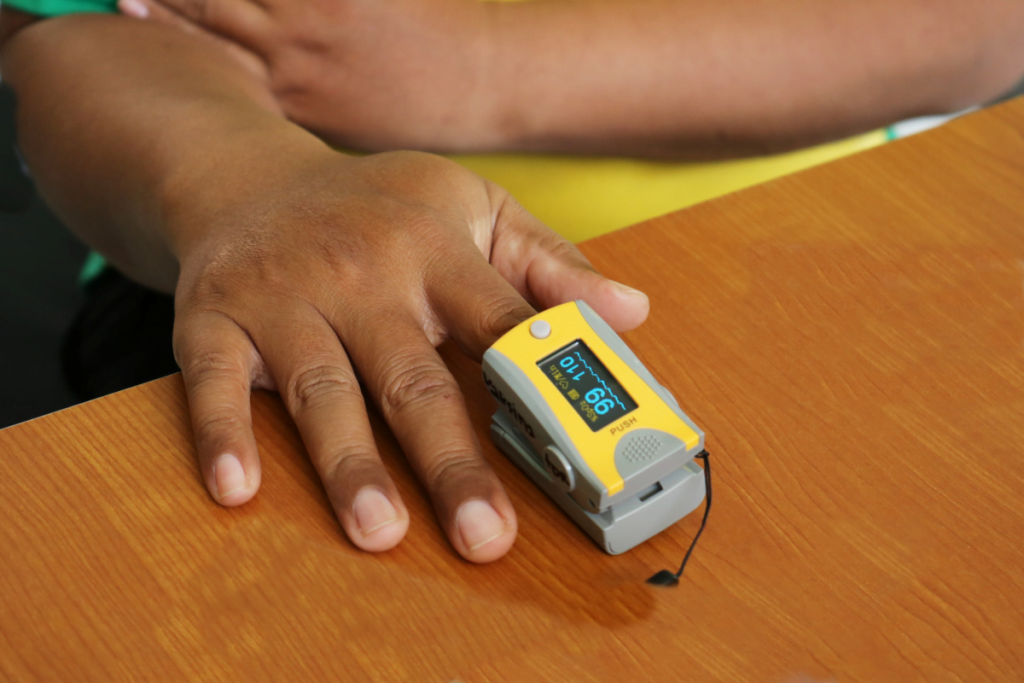
Introduction
Colorado’s high country offers some of the best and most immersive mountain experiences in the world. However, the high altitude can bring about discomfort, particularly for those unaccustomed to such elevations. To tackle altitude-related issues, there are a several viable options. In this article, we’ll explore the pros and cons of two of the most common treatments: Acetazolamide (Diamox) and Supplemental Oxygen Therapy (Bluebird)
Understanding Altitude-Related Discomfort
Before delving into the comparison, let’s grasp the concept of altitude-related discomfort. Acute Mountain Sickness (AMS) is a common ailment characterized by symptoms such as headaches, nausea, dizziness, and fatigue. AMS occurs due to reduced oxygen levels at higher altitudes, impacting the body’s ability to function optimally.
Oxygen Therapy

Oxygen therapy involves breathing in supplemental oxygen to counteract the effects of reduced oxygen levels at high altitudes. This can be done intermittently and is highly encouraged while sleeping at high altitudes.
Advantages:
- – Quick Relief: Oxygen therapy provides near-immediate relief by increasing oxygen saturation in the bloodstream.
- – Non-Invasive: It’s a non-intrusive method, involving the use of nasal cannulas to deliver oxygen. No medications, no chemicals, etc
- – Minimal Side Effects: Oxygen therapy typically carries minimal side effects, making it suitable for various individuals.
- -Economical: Oxygen therapy with Bluebird Oxygen is economical. Low price, no physician visit, and no prescription is required.
- -Highly effective: Oxygen therapy has been shown as one of the most effective treatments for altitude-related illness both prophylactically and therapeutically.
Diamox Treatment

Acetazolamide (Diamox) is a medication often prescribed to alleviate altitude-related symptoms prophylactically.
Advantages:
- – Prophylactic Option: Diamox can be taken prior to ascending to higher altitudes to prevent AMS. It is generally accepted as effective, but not 100%.
- – Acclimatization Aid: It aids in the body’s gradual acclimatization to altitude, which can be particularly useful during extended stays.
Diamox’s Disadvantages
While Diamox can be effective, it’s essential to consider its potential side effects, including:
- – Dehydration: Diamox acts as a diuretic, increasing urination. This can lead to dehydration, a concern that needs active management, especially in the dry air of high-altitude environments. According to The Wilderness Medical Society your body loses water through respiration twice as fast at high-elevation than sea-level. Exacerbating this risk must be carefully weighed.
- – Tingling and Numbness: Known as paresthesia, this side effect can cause tingling sensations, particularly in the extremities, which may be uncomfortable for some individuals.
- – Gastrointestinal Issues: Diamox can lead to upset stomach, nausea, and loss of appetite in some cases. Unfortunately, many of these potential GI issues match some of the most unpleasant side-effects of altitude sickness.
- – Allergic Reactions: Though rare, allergic reactions to Diamox can occur, ranging from mild skin rashes to more severe symptoms that require immediate medical attention.
- Prophylaxis only-Diamox ideally needs to be taken prior to ascending to high-elevation. Sometimes individuals just don’t know how they will react to altitude.
The Safer Alternative

When evaluating your options, it’s crucial to consider your health, preferences, and potential sensitivities. To many, Oxygen therapy stands out as a safer alternative to Diamox due to its minimal side effects and immediate relief capabilities, particularly those seeking a therapeutic treatment post-development of AMS symptoms.
Conclusion
As you prepare to venture into Colorado’s high country, Bluebird Oxygen offers a lifeline against altitude-related discomfort. Oxygen therapy provides a swift and reliable means of finding relief without significant side effects. While Diamox has its merits, its potential side effects like dehydration, tingling, and allergic reactions warrant careful consideration and of course discussion with your physician. Choosing oxygen therapy through Bluebird Oxygen not only aids your well-being at altitude but also allows you to fully immerse yourself in the beauty and adventure that the high country has to offer.













